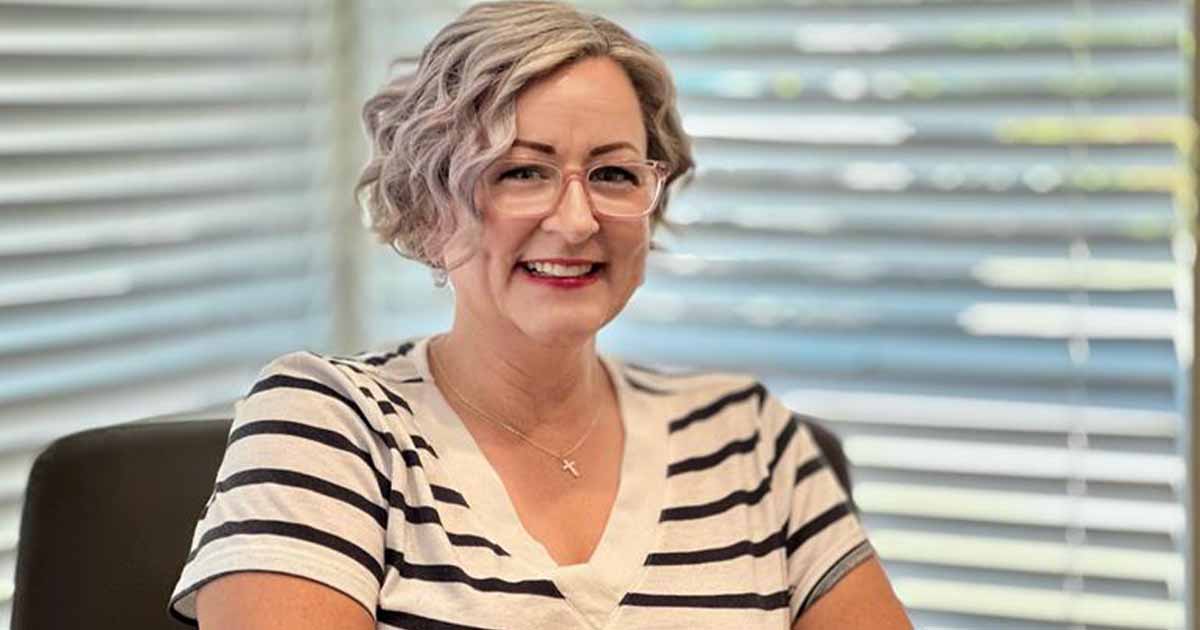Since its launch in 2011, Rock Health has made its mark in the healthcare field by ushering a number of innovative ideas from the drawing board to the marketplace. The digital health startup incubator has been a fixture at the past two mHealth Summits, and is part of the reason that funding for digital health companies jumped some 45 percent in the past year. Recently, mHIMSS.org Editor Eric Wicklund spoke to Amy Puliafito, who leads Rock Health's research, social media and marketing efforts, to learn a little more about the organization
Q. How did Rock Health get its start – describe the organization's history and goals and how it operates.
Rock Health was founded at Harvard Business School by Halle Tecco and Nate Gross, MD, who worked with Professor Bob Higgins, an experienced healthcare investor and founder of Highland Capital. Rock Health launched publicly in March 2011 at SXSW, and its inaugural portfolio class kicked off in June 2011.
Rock Health is a nonprofit foundation that supports entrepreneurs working at the intersection of healthcare and technology. We support the health entrepreneurship ecosystem through a startup accelerator, public events (including the Health Innovation Summit, Healthcare Bootcamp and XX Retreat), and open-source research.
Q. How much does mHealth figure in the process? How many of the participating entrepreneurs and partners deal with mHealth?
Mobile is one crucial component of the way both consumer- and provider-facing digital technology is transforming healthcare delivery and access, and as such many of our startups build mobile apps as part of their offering.
Q. What sets Rock Health apart from the other organizations in this space?
Rock Health was the first digital health accelerator. It is a nonprofit, which makes it uniquely positioned to work with and support a multitude of stakeholders in the healthcare space. We have an unparalleled group of partners and an exceptional mentor network.
Q. At a time when the healthcare landscape is facing seismic changes (patient-centered healthcare, ACOs, meaningful use, value-based outcomes), how does Rock Health hope to affect the landscape?
Rock Health brings together diverse stakeholders and innovators from across different industries and offers entrepreneurs, investors, providers and corporates a place to meet and collaborate to solve healthcare’s most challenging problems. Through our accelerator, which provides early-stage digital health startups with funding, office space, operational support, mentorship and access to a top-tier group of partners, we hope to lower barriers for those with scalable, innovative technologies to break into the healthcare market.
[See also: Health IT up and comers under 30.]
Q. Where is all this innovation having the most effect – the provider, the patient, or somewhere else? Why?
Innovation has the potential to positively impact multiple players in healthcare. Innovation can empower patients through better information and health tools; it can empower providers by streamlining communication and workflows and providing better and more accurate diagnostic and treatment information; and it can change the way businesses understand and serve their customers.
Q. Name a few of the more creative business ideas that you've seen.
CellScope’s mission is to build mobile hardware and software systems for disease diagnosis. They entered Rock Health’s first class of startups with a working product and a technology out of UC Berkeley. They focused their time on developing their first product – an otoscope – that can be attached to smartphones to perform remote diagnosis of ear infections, later adding functionality that let consumers share images of the ear drum with remote pediatricians for diagnosis, treatment and monitoring. Rock Health connected CellScope with Vinod Khosla (Khosla Ventures), who provided $1 million in seed funding. The CellScope team plans to go to market in the next year.
Skimble powers the mobile wellness movement with fun, dynamic and social coaching applications. When they entered Rock Health’s first class of startups, they already had traction with two applications in the iOS store, including Workout Trainer. During their time at Rock Health they extended the reach of Workout Trainer across other platforms, including Android, Kindle and Apple TV. Shortly after graduating in November 2011, they brought on their first hire and have since been a top Android and iOs application with more than 10 million downloads. Today, Skimble is still bootstrapped and profitable, and recently announced a content distribution partnership (revenue sharing agreement) with Harvard Medical School http://www.health.harvard.edu/press_releases/skimble-and-harvard-medical...).
[See also: GE joins Rock Health to advance health innovation.]
Q. How does the recent partnership with Kaiser Permanente fit into the Rock Health agenda?
In October 2012, Kaiser Permanente joined Rock Health’s partner lineup, which includes Aberdare Ventures, Accel Partners, Fenwick & West, GE Healthcare, Genentech, Harvard Medical School, Kaiser Permanente, Kleiner Perkins Caufield & Byers, the Mayo Clinic, Mohr Davidow Ventures, Montreux Equity Partners, NEA, Qualcomm, Quest Diagnostics, Silicon Valley Bank, UnitedHealth Group and UCSF. The largest integrated healthcare system in the United States, Kaiser Permanente works closely with Rock Health’s network of innovators to advance digital solutions within their network, and provide key insights to the entrepreneurs in the program.


